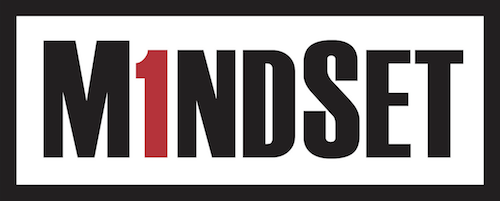When being considered for a job, there are two ways that you can be assured of an offer.
- Convince the decision maker that with you as an employee they will have more money at the end of the year.
- Convince the decision maker that their life will be better and more enjoyable with as a result of hiring you.
If you can articulate either of those value propositions, most will be interested in hiring you. If you can make a clear case for both, they will pursue you down the street!
Tip: With regard to making their life more enjoyable, you would be wise to find out what tasks they find most bothersome and express an eagerness to do those tasks! For example, a teaching applicant may tell the interviewing principal that they would love to drive the pep bus, chaperone homecoming, chair the yearbook committee, and work the track meet!
It is much more difficult to achieve this second goal (making their life more enjoyable) when you are interviewing with a third-party, e.g., the HR director or some outside search agency. You might be able to get over the first hurdle of convincing them your work will result in more revenue, but in terms of making the supervisor’s day-to-day life more enjoyable – that will likely not be priority for a third-party interviewer. Thus it is always advantageous to interview directly with whoever will be supervising you in the new position. They will be interested in improving company success and revenue, but they are also going to be equally interested (although frequently not openly stated) in what you’re hiring would do to improve the quality of their life.
Things that improve the quality of their life are your personality, level of maturity, level of responsibility, having initiative and the ability a see what needs to be done before being directed, loyalty they can rely on, fun you would bring to their workplace, and possibly even willing to offer an empathetic and mature ear when needed. MindSet suggests that during the interview you enthusiastically convey your appreciation of what it takes to be a great follower – and the impact that a good role model can have on others in a workgroup. If done with some tact, backing that up with a story about how much you enjoyed your role supporting and promoting the success of a former supervisor can be highly effective.

Founder of MindSet, LLC.

